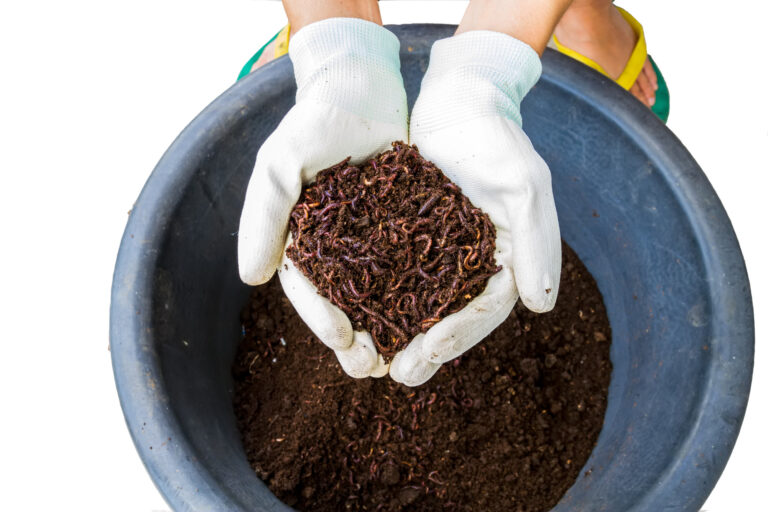I was chatting with a friend the other day and she asked me if I’d ever heard about worm farming. I said, “sure, like to compost in your apartment, right?” And she said, “sure, but did you know that you can actually make money with worm farms?” Huh. I did not know that. My Friend’s…
make money gardening
Can You Make Money Selling Tree Sprouts?
If you have tons of land then you can grow trees for sale, but is there anything you can do with trees to make money? There certainly is! If your trees are fully grown, you have the option of cutting them down and selling the wood to Timber Buyers in your area, for example. But what if…
7 Financial Benefits of Backyard Gardening
You probably started gardening as a hobby. However, you might have always wondered if you could use gardening to save money. You certainly can. In fact, you can actually garden to make money if you’re savvy about it. The financial benefits of backyard gardening go beyond just saving at the grocery store, too! Here are…


